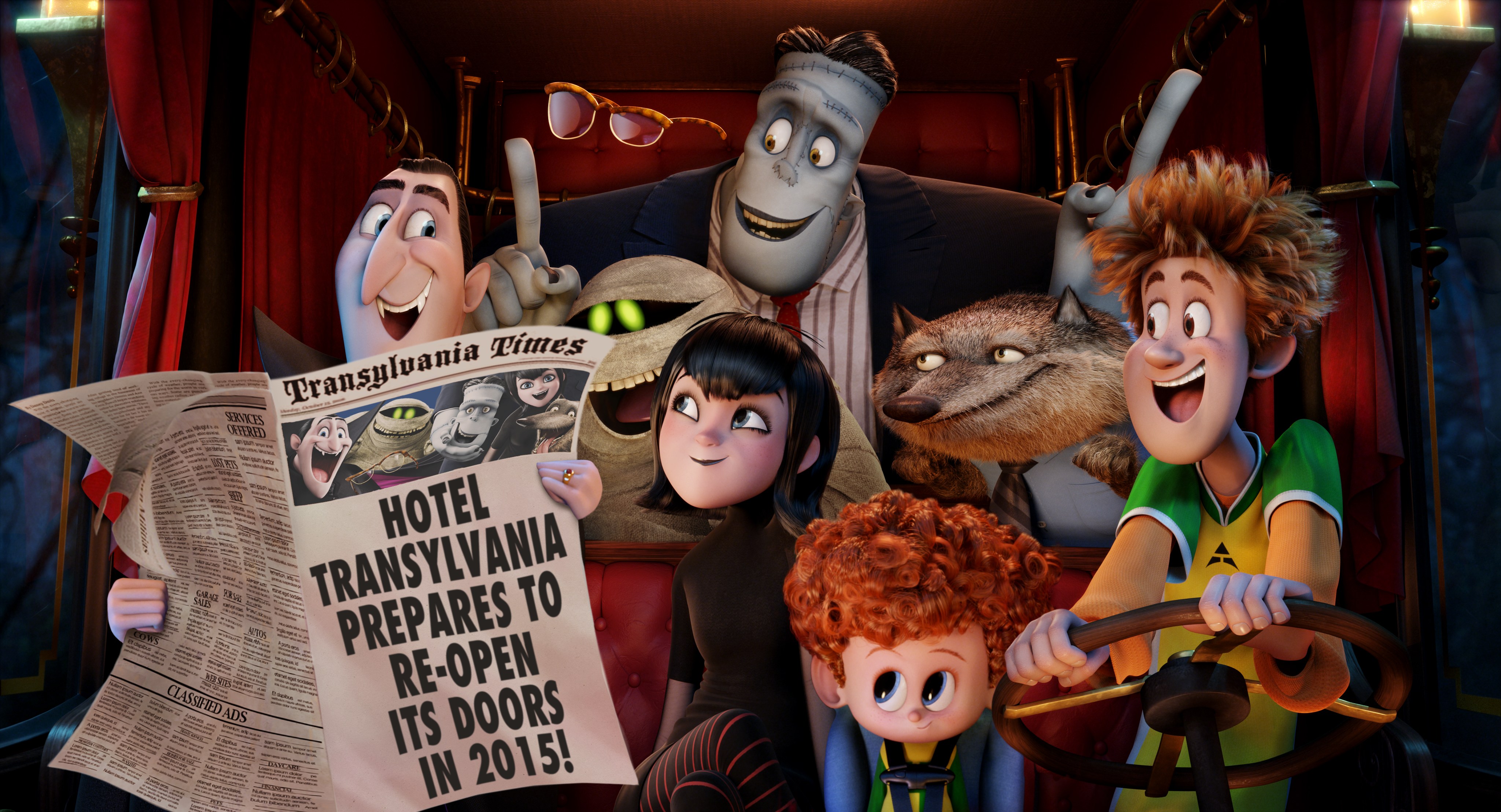Irrational Man Control Point of Life Philosophy
Throughout his career Woody Allen has exhibited a fascination with philosophy. He’s lampooned it in comic essays like “My Philosophy,” plays like “Death Knocks,” and “God,” and movies like “LOVE AND DEATH”, and explored philosophical issues more seriously in films like “CRIMES AND MISDEMEANORS” and “MATCH POINT”. “Since I was very young for whatever reason I’ve been drawn to what people always call the ‘big questions,’” he says. “In my work they’ve become subjects I kid around with if it’s a comedy or deal with on a more confrontational way if it’s a drama.”
Stretch the Philosophy of Match Point Out Allen’s early interest in philosophy took shape when he watched Ingmar Bergman’s films as a teenager. “They had a great grip on me,” he says. “At that time I had not read Nietzsche or Kierkegaard, philosophers that Bergman relied quite heavily on, but that material rang a very profound bell with me. I was riveted by his movies and the questions they asked and the problems that they dealt with. And subsequently over the years, I read a certain amount of philosophy and was able to understand more clearly who influenced him and what ideas he was dramatizing. And I grew to enjoy reading the philosophers, to compare them and how they challenge and disprove one another about their contrasting approaches to unanswerable questions.” Allen’s absorption with philosophy has been so defining to his body of work that it has inspired several serious books about the philosophy found in his films. “I don’t think that anything I’ve written or dramatized has any originality philosophically—I’m simply a product of the philosophers I’ve read. I think the most you could say is that there are coherent philosophical themes that run through all or most of my pictures over the years. But they are obsessions of mine that center around issues many men have thought about. I’m interested in depressing realities that haunt me. They’ve haunted artists and thinkers far beyond me in every way, but I deal with them through my own point of view.” The themes that Allen returns to so regularly in his movies are usually dark ones. This is obviously the case in explicitly bleak stories, like MATCH POINT, but even his lightest fare is touched with darker themes. IRRATIONAL MAN is a story that expresses an unvarnished picture of Woody Allen’s world view. Mind Out of Control Abe Lucas (Joaquin Phoenix) is a philosophy professor who has lost his way. His study of the great minds has not made him happy—he has lost all faith in his vocation and hope for his future. “Abe is a guy who has always tried to do something positive with his life,” says Phoenix. What happens to Abe is that the ugliness and pain of existence and the terrible frailties of people have worn him down. He feels that he’s a personal failure because he’s never been able to make a mark. He’s just written all these erudite papers that have stimulated other professors and students to talk. But he’s reached a point where he just couldn’t care less about it anymore. Abe’s reputation as a controversial thinker with a tragic life precedes his arrival at Braylin, a small college on the East Coast, where he is to teach a summer session. He is both a subject of faculty gossip and great anticipation by the students. While Abe lives up to his reputation as an eccentric and charismatic man, the intensity of his gloom is unexpected. He also surprises his class by informing them that a lot of philosophy is no more than empty verbiage that doesn’t stand up to the questions of real life. Soon after his arrival at Braylin, Abe becomes involved with Rita Richards (Parker Posey), an unhappily married science professor. “Rita is a woman who feels stifled and trapped,” says Posey. “She's not satisfied teaching; she's drinking too much, smoking pot, and daydreaming about another life—something more fulfilling and passionate. She’s built up a fantasy about Abe that when he arrived he’d fall in love with her and eventually rescue her.” Abe ends up not having any more potency than her husband does. He’s unable to deliver and feels bad about that. He comes across as being distant, but he is really confused and lost—he’s not present.” Meanwhile, Abe initiates a friendship with one of his students, Jill Pollard (Emma Stone), a bright young woman who has grown up at Braylin, where her parents are professors. “She’s been in this small town her whole life, so there’s something that draws her to taking this philosophy course which she hopes will expand her view of the world. And Abe, who is this tortured, poetic artist, is the human equivalent of everything she’s wanted to explore in her life but hasn’t really known how to do on her own.
Traps in Whirlpool of Fate It first becomes evident to Jill that there is something seriously wrong with Abe when he picks up a loaded gun at a party and plays Russian Roulette, spinning the chamber several times. While Jill is terrified, she finds a way to justify this reckless action in her mind. “Abe turns everything into a philosophy lesson,” says Stone, “and Jill is an eager student of those lessons because she’s trying to be a radical thinker like him. As scared as she is, she’s in a bubble, wanting to see the best in these situations that are unfolding in front of her.” Also, Jill is falling for the romantic idea that she will be the one who will liberate Abe from the hole that he’s in. Abe’s life turns around after a completely unexpected event. He and Jill are sharing a meal at a diner when they happen to overhear a highly emotional conversation in the next booth. Abe and Jill both react to the conversation, but Abe quickly becomes consumed with what he hears. He secretly decides that the time has come to get involved. Abe’s decision rejuvenates him. He transforms from somebody who is aimless and depressed to someone who has energy and exuberance. Not knowing the real reason, Jill assumes she is the cause of Abe’s sudden joy. “She sees herself as 100% responsible,” says Stone. “It was how much she understood him and how much she was there and told him how poetic he was. She finally saved him.” Of course, the action that Abe is preparing to take is something irrational. He is able to rationalize it, but it’s not an argument that can hold up to scrutiny. Abe feels he can do what he does because he believes in challenging conventional norms. But he is anything but the man of reason he considers himself to be.
Jazz Mixed with Realism Irrational Man was shot in Newport, Rhode Island, with the campus of Salve Regina University standing in for the fictional Braylin College. The locations were all shot in Newport, Providence, and its environs. The soundtrack is largely the Ramsay Lewis Trio, notably “The ‘In’ Crowd,” as well as “Wade in the Water,” and “Look-A-Here.” Says Allen: “It’s got a relentless, pulsating beat that works very well for the visual material, whether people are driving to it or walking to it or behaving badly to it. There’s a hot tone and rhythm to it, so it suggests the tempestuousness of every character’s personality.” As with many of his intimate dramas, Allen shot the film in widescreen. Says Allen: “I very often feel the smaller kind of stories play very well in widescreen, contrary to the thought some have that you need to have a Western or a war picture to be on a widescreen.” Unlike the more romantic visual style he utilized in his recent films like MIDNIGHT IN PARIS and MAGIC IN THE MOONLIGHT, he felt that the material called out for realism. “It’s much easier to do a picture about Paris in the 1920s, with street lamps, cobblestones, coaches with horses—and make it look like a million bucks,” he says. Allen feels that Phoenix possesses a “built in complexity” that served the role. “Everything you give him to do or say becomes interesting because of this complexity he naturally projects,” says Allen. “There’s something going on there all the time.” Stone stars in her second Woody Allen film in a row after MAGIC IN THE MOONLIGHT. “Emma projects intelligence,” says Allen. Randomness is central to Irrational Man. It hinges on a string of chance occurrences that have life and death consequences. Its story illustrates one of Woody Allen’s core philosophical beliefs. “I’m a great believer in the utter meaningless randomness of existence,” he says. “I was preaching that in MATCH POINT and Abe preaches it in his class. All of existence is just a thing with no rhyme or reason to it. We all live subject to the utter fragile contingency of life. You know, all it takes is a wrong turn on the street…”
Synopsis Woody Allen’s IRRATIONAL MAN is about a tormented philosophy professor who finds a will to live when he commits an existential act. Philosophy professor Abe Lucas (Joaquin Phoenix) is at rock bottom emotionally, unable to find any meaning or joy in life. Abe feels that everything he’s tried to do, from political activism to teaching, hasn’t made any difference. Soon after arriving to teach at a small town college, Abe gets involved with two women: Rita Richards (Parker Posey), a lonely professor who wants him to rescue her from her unhappy marriage; and Jill Pollard (Emma Stone), his best student, who becomes his closest friend. While Jill loves her boyfriend Roy (Jamie Blackley), she finds Abe’s tortured, artistic personality and exotic past irresistible. Even as Abe displays signs of mental imbalance, Jill’s fascination with him only grows. Still, when she tries to make their relationship a romantic one, he rebuffs her. Pure chance changes everything when Abe and Jill overhear a stranger’s conversation and become drawn in. Once Abe makes a profound choice, he is able to embrace life to the fullest again. But his decision sets off a chain of events that will affect him, Jill and Rita forever.
Irrational Man Director: Woody Allen Cast: Jamie Blackley, Joaquin Phoenix, Parker Posey, Emma Stone Genre: Drama Duration: 95 mins Category: IIB Trailer: https://youtu.be/lGa5Cl3M9Kw
|
|























